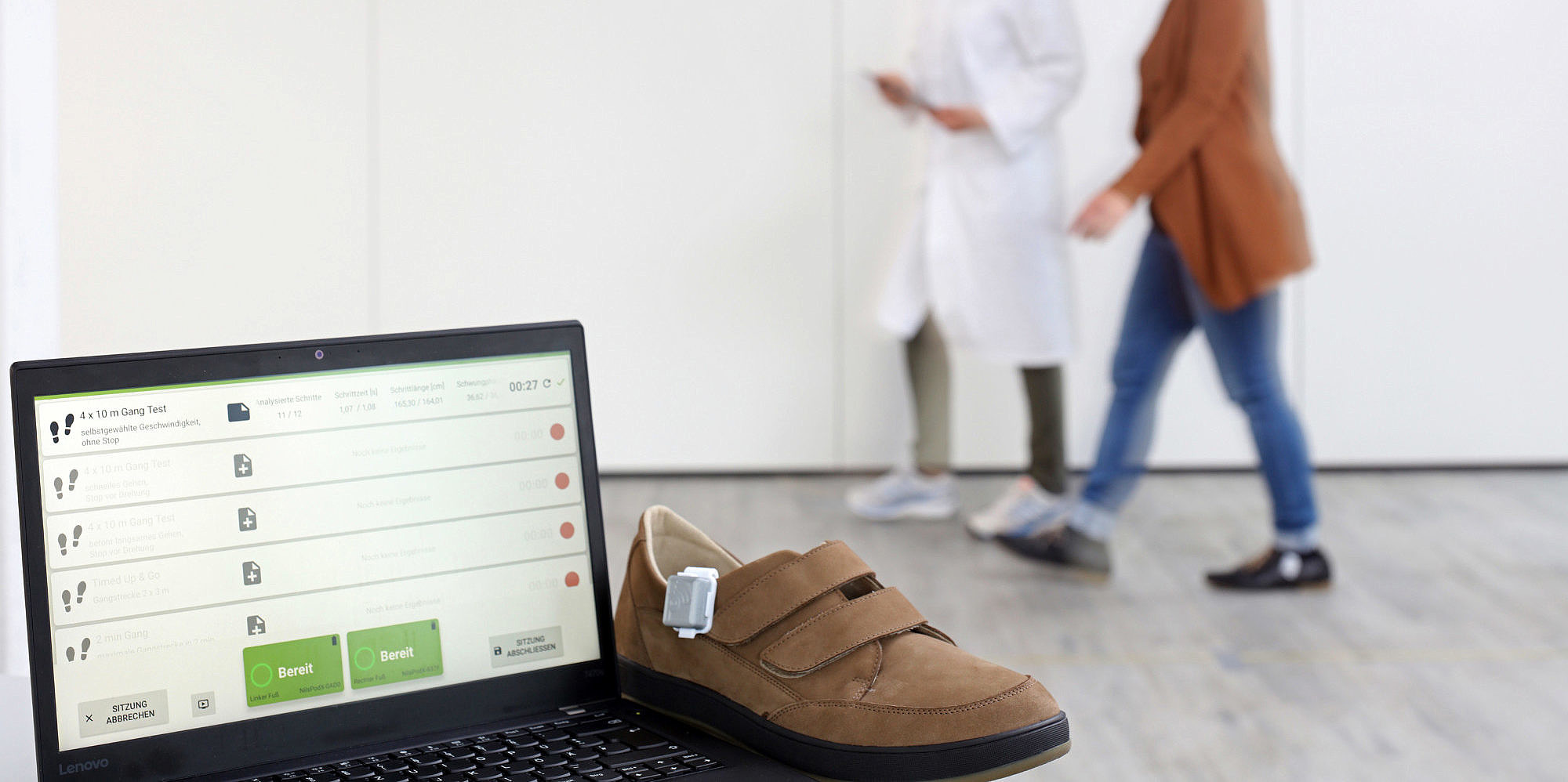Mobility_APP

Project leader: , ,
Project members:
Start date: 1. November 2020
End date:
Funding source: DFG-Einzelförderung / Sachbeihilfe (EIN-SBH)
In cooperation with: UK Erlangen – Department for molecular neurology
Abstract
Mobility in atypical parkinsonism: effects of physiotherapyWider research context/theoretical frameworkParkinsonian gait disorders and reduced mobility are pivotal symptoms of Parkinson´s disease (PD) and of atypical parkinsonian disorders (APD), including Multiple System Atrophy (MSA) and Progressive Supranuclear Palsy (PSP). Their onset signs the transition towards disability and increased mortality. While several randomized controlled trials investigated efficacy of exercise-based interventions for PD, for APD this area remains thus far widely unexplored. Results of our pilot study investigating efficacy of a physiotherapy program in APD showed improvements of gait parameters as reflected by instrumented gait analysis in lab. Current advances in development of wearable sensor-based technologies now reach clinical applicability also under remote unsupervised conditions (home-monitoring).Hypotheses/research questions /objectivesIn this randomized controlled trial we expect to detect greater improvement of gait performance and mobility in PD and APD patients by gait-focused versus standard physiotherapy and home-training. In particular, we aim to investigate whether:1) Gait-focused versus standard physiotherapy and home-based exercise improve lab and home-based gait parameters, physical activity and clinical rating scales in PD and APD patients.2) PD, MSA and PSP patients differ in their response to gait-focused versus standard physiotherapy and home-based exercise as detected by lab and home-based gait parameters, physical activity and clinical rating scales.Approach/methodsThe trial will be multicentric, randomized, double-blinded and controlled. The intervention to test consists of an inpatient gait-focused physiotherapy followed by an unsupervised gait-focused home-based training program. The control group receives a standard physiotherapy/home-based training, which addresses parkinsonian features without focusing on gait. Lab gait analysis is performed by shoe-insole-sensors to retrieve objective gait parameters (e.g. gait velocity, stride length etc.). Home-monitoring is performed using similar shoe-sensors and one sensor at low-back position allowing for the analysis of routine activities such as sitting, lying, standing and walking.Level of originality/innovationImproving gait disorders in PD and APD patients by gait focused PT and home-based exercise increases patients´ independence and forestalls the risk of falls representing a great achievement for patients. This study lays the foundation for the development of a telemedical approach by which patient groups can be included in clinical trials remote from expert centers.Primary researchers involvedGregor Wenning (lead-PI), Cecilia Raccagni (study coordinator), Jochen Klucken (Erlangen-PI), David Benninger (Lausanne-PI) and Bas Bloem (Nijmegen-PI).Björn Eskofier (Erlangen) and Kamiar Aminian (Lausanne) will be responsible for the technical part concerning the sensor system.
Related Publications
